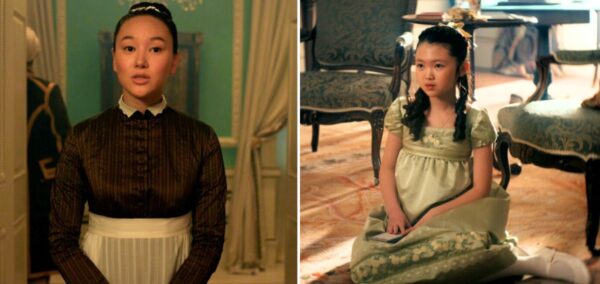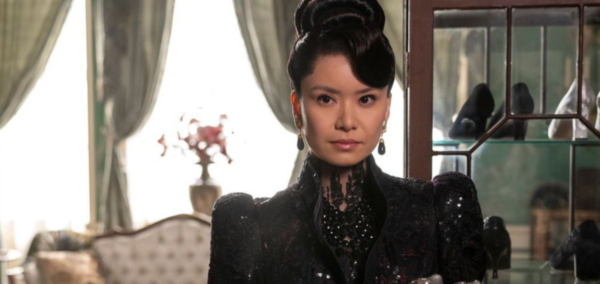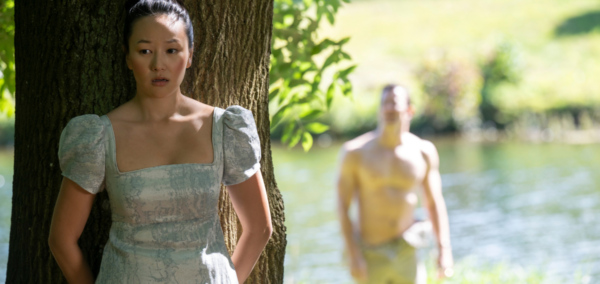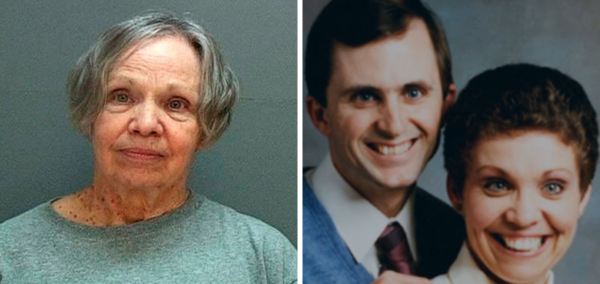
King’s College London student speaks out about her experience with cancel culture at uni
A fear of being cancelled may be stopping students from speaking up in class
A student at King’s College London student has spoken out against cancel culture and its stifling effect on debate in university classrooms.
Charlotte Tredgett, an undergraduate philosophy student described the shock she experienced when first starting her degree.
Having expected lively debate surrounding moral and ethical issues, Charlotte felt that “fellow students did not welcome views questioning the prevailing ideologies around gender, capitalism, or colonialism.”
The 20-year old illustrated her experience for The Telegraph with an anecdote about a practically “silent” seminar on gender in philosophy.
She described the contributions from students in the class as being very carefully worded and “almost rehearsed.”
She said: “Everyone was scared of wording things wrongly,” and anticipated “the reaction of their peers if they did.”
The King’s student also told The Telegraph of her struggles with coming out as a eurosceptic to her flatmates.
Having revealed that she would have voted in favour of Brexit, Charlotte claimed her flatmates laughed, accusing her of not caring about human rights, and recording her on their phones to share with peers.
Then labelled the “racist girl” as a result of her Brexit stance, Charlotte commented on a current “woke” climate.
She said: “If you disagree with prevailing ideological views, you are not just wrong, you are morally wrong and evil, and that justifies almost bullying tactics.”
Her experience comes alongside growing acknowledgement from university bosses of a censorship problem in British academia.
Most Read
Vice chancellor for the University of Reading, Robert Van de Noort, recently put it to MPs that “rigid ideas and self-censorship” create echo chambers on campus, with young people increasingly finding their views reflected, but not challenged.
The Higher Education Policy Institute questioned students on free speech issues in 2016 and again in 2022.
Its study ultimately found that students had become “significantly less supportive of free expression”, with 38 percent believing that “universities are becoming less tolerant of a wide range of viewpoints.”
A global poll also revealed that 80 percent of participating academics in the UK agreed that free speech is more limited than 10 years ago. It suggested that staff are self-censoring for fear of upsetting students, and of becoming the subject of formal complaints.
Across the pond in some American colleges, including Harvard University and the University of Austin, faculties are searching for solutions to these alleged limits placed on free speech.
These institutions are introducing the Chatham House Rule, meaning opinions shared in class are “non-attributable”. It is hoped that the rule will empower lecturers and students to share their ideas more freely, without fearing consequences on campus or social media.
Other students in the UK are beginning to speak out also. Heather McKee, psychology student at the University of Glasgow, is convenor of the student branch of Academics for Academic Freedom (AFAF).
After similarly silent seminar experiences, McKee worked with the organisation to campaign for free speech and protect students’ interests. AFAF now has more than 1,700 followers across various social media platforms, and student membership numbers have reached double figures.
In her interview with The Telegraph, Charlotte did admit concern that speaking up in this way could harm her future career, but that it has not held her back from ensuring her opinion is heard.
She warned against “a shockingly militant echo chamber within the communities of people that are supposed to be pursuing truth.”
She further said: “It is real and it is happening all over the country.”
Connie Shaw, a student at the University of Leeds, also shared her cancel culture experience with The Tab, she said she was suspended from her role at Leeds Student Radio after sharing gender-critical views. Her interview can be found here.
Featured image via Charlotte’s LinkedIn



















